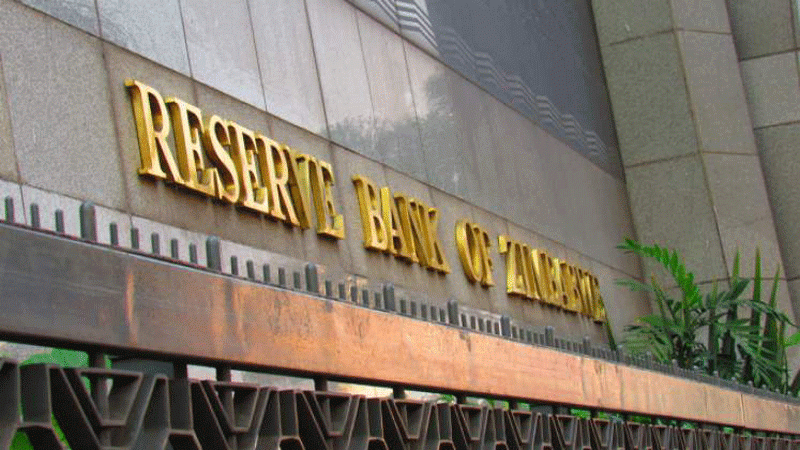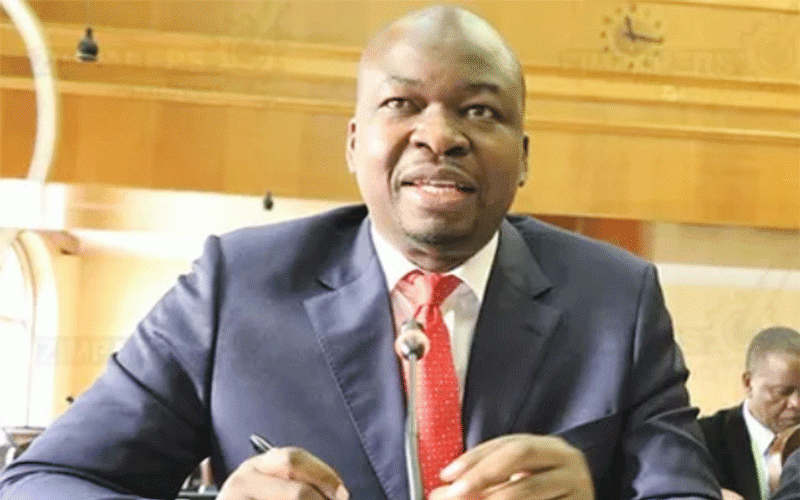
THE Reserve Bank of Zimbabwe (RBZ) was forced to spring into action last week as it moved to reassure the market that remittances would not be converted into local currency at the point of withdrawal from banks or money transfer agencies.
RBZ deputy director Financial Markets William Manhimanzi had put the cat among the pigeons when he announced that authorities were contemplating to boost the central bank foreign currency coffers by converting remittances to local currency, Zimbabwe Gold (ZiG) at the point of collection.
This led to a public outcry with critics alleging that the central bank was reneging on its policy of treating remittances as free funds which would result in diasporas using informal channels to send money to Zimbabwe to support their families.
RBZ was forced to restate that there was no change in the remittance policy.
“In terms of our current Exchange Control regulations, diaspora remittances are treated as free funds, which recipients can receive in foreign currency and change freely at their instance and preferred licensed agencies, as is the best practice globally. For the record, the diaspora remittances have supported the economy, accounting for 17% of the total foreign currency receipts,” central bank chief John Mushayavanhu said, adding that RBZ would continue exploring incentives to boost remittance flows, given their key role in the growth of the economy.
This is not the first time RBZ has retracted an earlier statement. This has been the norm especially in the first months of Mushayavanhu’s reign which was characterised by haphazard communication.
By their very nature, monetary authorities should speak less and communicate through written statements since what they say have serious ramifications on the economy. Monetary authorities are not like politicians whose statements are taken with a pinch of salt as they have a record of lying and grandstanding, no matter which country they come from.
In a handbook on central bank communication, the International Monetary Fund said good and effective central bank communication has become a critical component of monetary policy due to several factors.
- RBZ blocks Harare US dollar charges
- Industry cries foul over new export surrender requirements
- One stitch in time saves nine
- Banks keep NPLs in safe territory
Keep Reading
“First, central banks have been increasingly recognising the power of communication in affecting market expectations. Second, the demand by experts and the general public for detailed information about their objectives, decisions and actions has increased. Third, central bankers have come to realise and appreciate that communication improves the effectiveness of monetary policy and helps to build public support for central bank independence. Finally, enhanced and transparent communication plays a key role in supporting central banks’ accountability and, ultimately, their independence,” the global lender said.
Work is cut out from Mushayavanhu to stem these mixed messaging at a time when he is promoting the new currency, ZiG. The currency, backed by gold and forex reserves, has so far acquitted itself well and now accounts for 30% of local transactions, according to the central bank.
Under such an environment, central bank officials should be seen singing from the same hymn.
RBZ communication should be clear and timely and a central bank that is known for fire-fighting does not gain the confidence of the people it is supposed to serve. When confidence is lost, all hell breaks loose.











